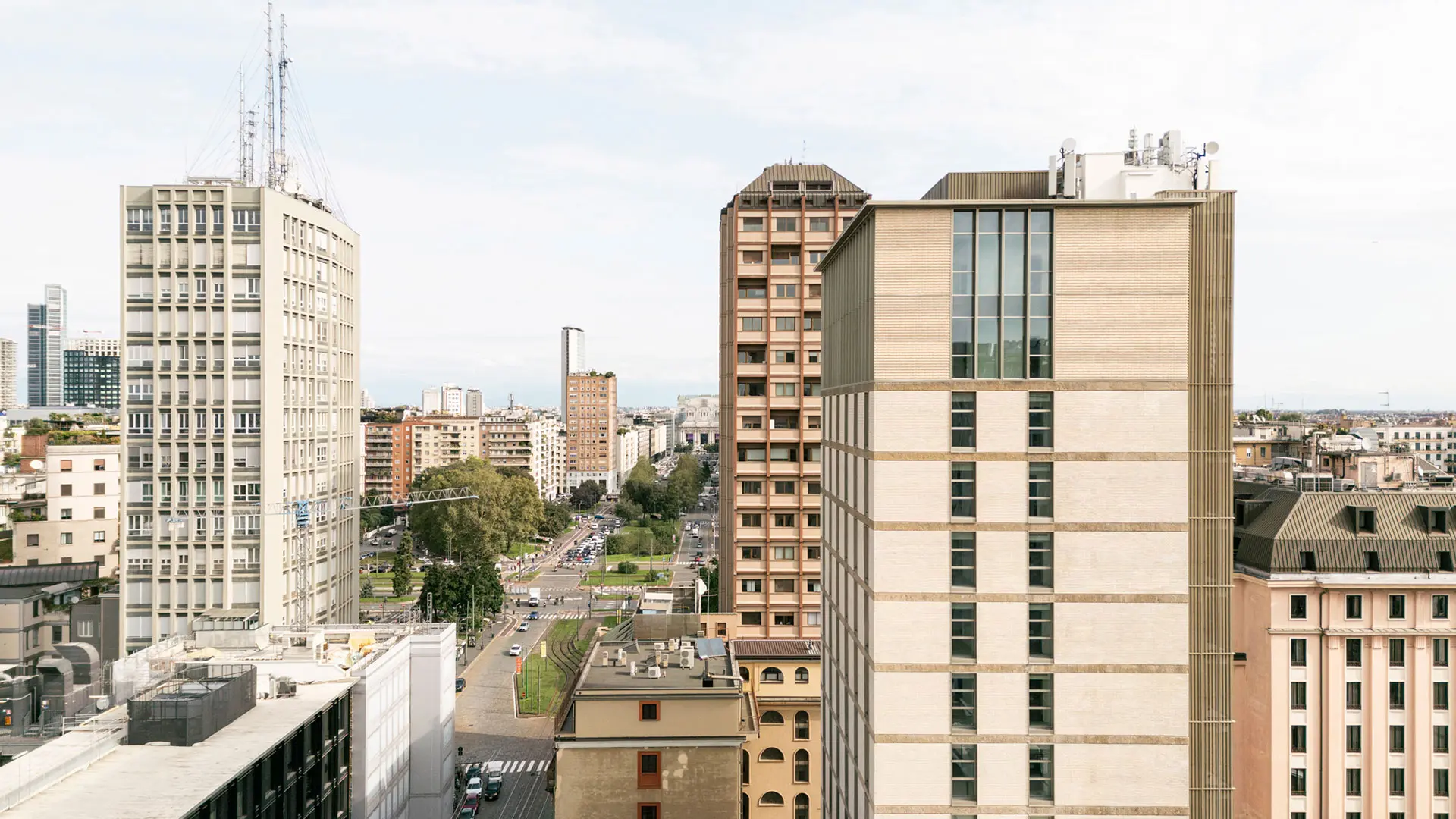In partnership with MiCodmc, a selection of establishments ripe for discovery during the 63rd edition of the Salone del Mobile.Milano, from 8th to 13th April
Milan Digital Week between paradigm shifts and the development of limits
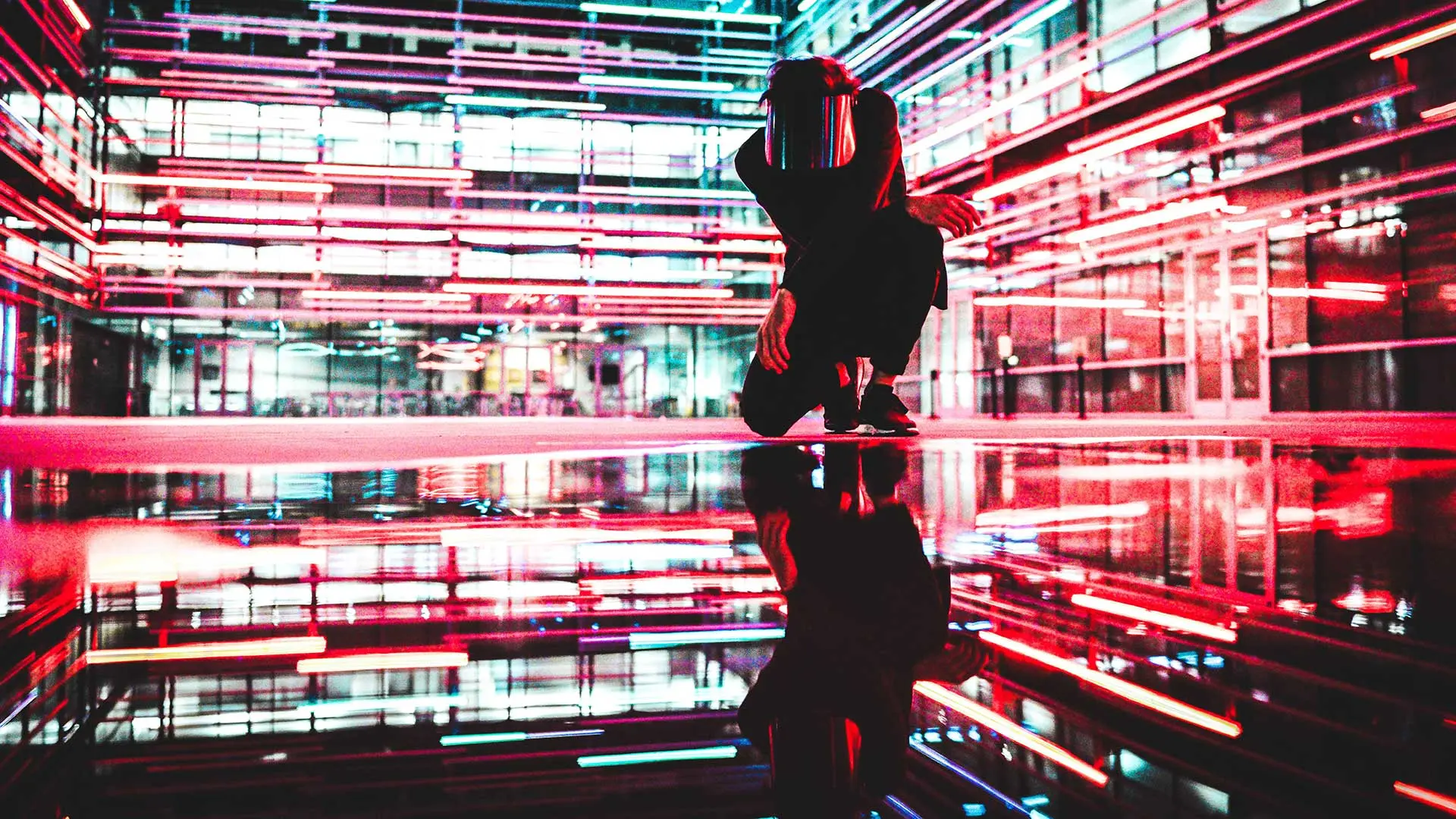
Milano Digital Week 2023
Seven themed hubs and over 350 events, where companies, startups, universities, institutions and citizens discuss work, the future of training, the environment, health, the circular economy, services to citizens, projects and ideas for the city and new art forms. At the heart of Milan Digital Week (5-9 October 2023) lie experiences and approaches to technologies, the production and academic system, and urban intelligence
With over one million people and 2,500 appointments between physical and digital events generated in the last five editions, Milan Digital Week closed on October 9th. The main theme of the sixth edition, the Development of Limits, aimed to create a collective dialogue on the future of training, environment, AI, new services to citizens, health, the circular economy and new art forms.
The program of meetings was completed by four inaugural addresses. Benjamin Labatut, the Chilean essayist, writer and AI pioneer, with his latest book “The Maniac” (Adelphi, 2023). Renato Mazzoncini, CEO of A2A and professor at the Politecnico di Milano on the new horizons of urban mobility, between digitalization, decarbonization and prospects of electric mobility. The economist Jacques Attalì, the head of Planet Finance, on the economy of life and new utopias. Donald Norman, international expert in cognitive science, design and cognitive engineering systems, on the evolution of education and teaching, in a discussion with Francesco Zurlo, Dean of the School of Design of the Politecnico di Milano and Susanna Sancassani, director of the METID at the Politecnico di Milano.
As part of these discussions on the issues of the digital age and the ensuing paradigm changes, we sought the views of Marco Sabetta, General Manager of Salone del Mobile.Milano who, with Francesco Zurlo and Enrica Danese, Head of Institutional Communications, Sustainability Projects & Sponsorship TIM, spoke on 6 October on Furnishings and the Circular Economy
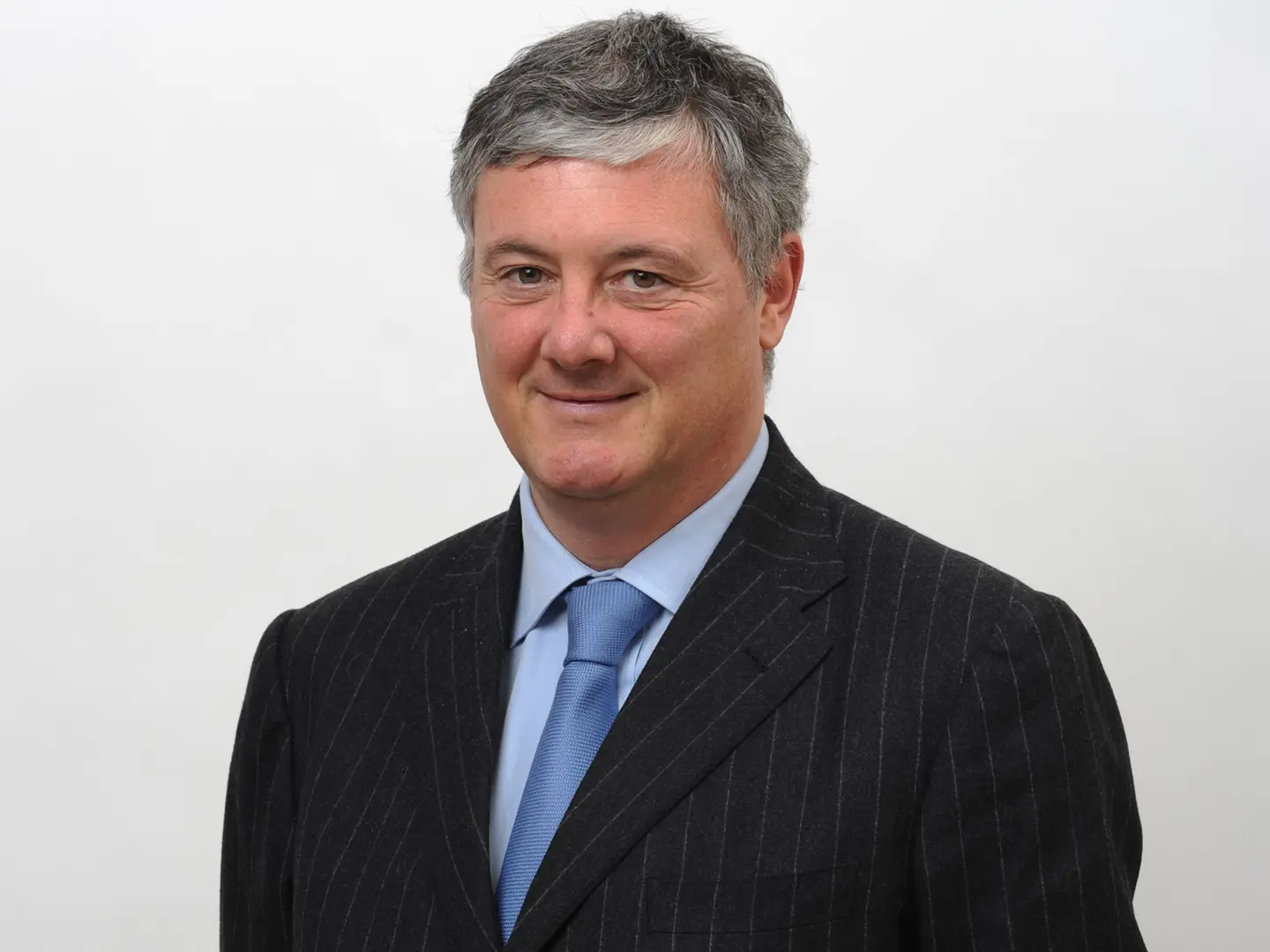
Marco Sabetta, General Director at Salone del Mobile.Milano
These terms have now entered the common language while in the literature they point to the five fundamental pillars of the circular economy. Once this was an unclear concept, but in just under twenty years it has become a fundamental enabler for the development of a sustainable economic, industrial and financial system in all its parts. When I think of Italy in relation to these five practices, I realize that it is among the most advanced countries thanks to centuries-old virtuous traditions – such as the recovery of rags, scrap, glass and wood – and our extraordinary national ability to turn limits into opportunities. So for Eurostat, today Italy is the leader in Europe by its recycling rate and second by its circularity rate. Our ability to design to extend the lifetimes of products, for reuse and recycling, not only brings efficiency to our production system but stimulates and secures synergies between different supply chains and new opportunities for Italian creativity. These new processes, products and skills produce young and fertile sap for an increasingly green Made in Italy. But there are not just positives. Eurostat also tells us that we still export too much waste. To meet the challenges posed by the PNR and the objectives set at the European level, we need to focus on the tools, above all digital ones, to ensure the national recycling industry makes the definitive quality breakthrough.
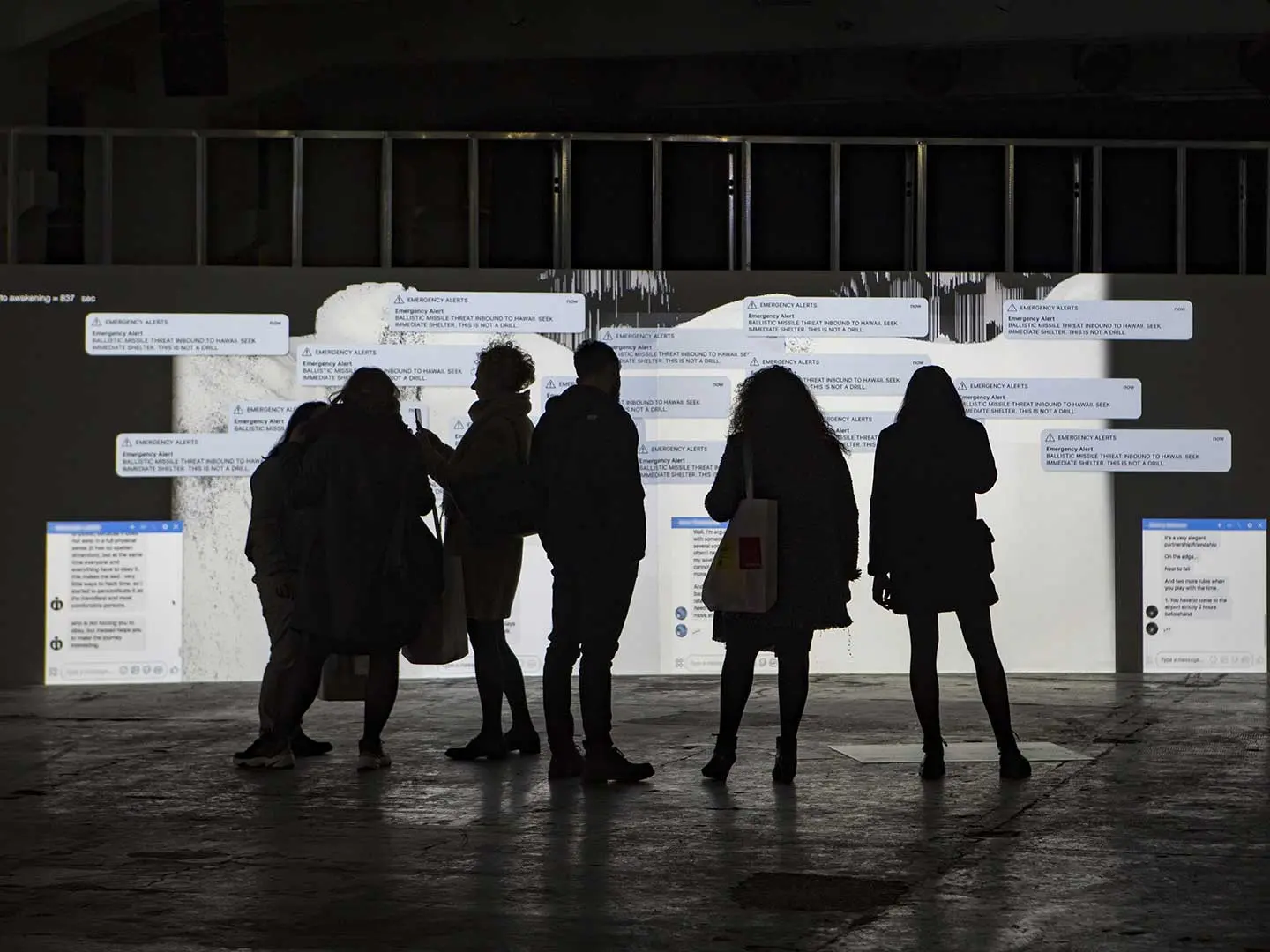
Milano Digital Week 2023 - Ph. Lorenza-Daverio
It is technological innovations that will enable us to transform “product-oriented” business models into “service-oriented” models. To simplify, these answer the question: “Why sell an industrial machine, a vehicle or a product of any kind when you can sell a service that makes it possible to pay for the actual use of that object?” The benefits are immediate for the provider of the service and whoever rents it. The seller ensures customer loyalty, increased knowledge and predictability of the business. For the buyer of a service rather than a good/product, the main advantages are economic, management and maintenance of the asset and its customization. How do digital technologies play an enabling role in this transformation? The Internet of Things (IoT) technology connects products, components and materials to the Internet in real time, transforming typically “passive” devices into ones capable of interacting with the environment, performing functions and communicating with the outside. This technology is also used to ensure the traceability of products and facilitate their recovery before they become waste. Then the data collected by IoT is often combined with Big Data & Advanced Analytics technologies to turn it into useful information for sharing, lending, reusing, repairing, reconditioning and recycling the materials used to make that particular good. Augmented Reality is increasingly used to virtualize and remotely process technical assistance and maintenance and the Blockchain is growing in popularity to ensure traceability and ensure the green origin of materials, especially in the fashion and luxury sectors.
Themes such as regeneration, reuse, circularity, planet-centricity, energy saving, a concern for people and communities have always been at the center of the mission of the Salone del Mobile.Milano. Environmental, economic and social responsibility will also be priorities in the 2024 edition, which is committed to organizing all activities and events so that they have as positive an impact as possible on the social and environmental ecosystem. The next edition will bring to the international stage of the event new business models articulated along paths of responsible and inclusive development, as well as new business ideas and technological solutions capable of contributing to human well-being, environmental protection, housing and the more efficient use of resources, in keeping with the United Nations Sustainable Development Goals.
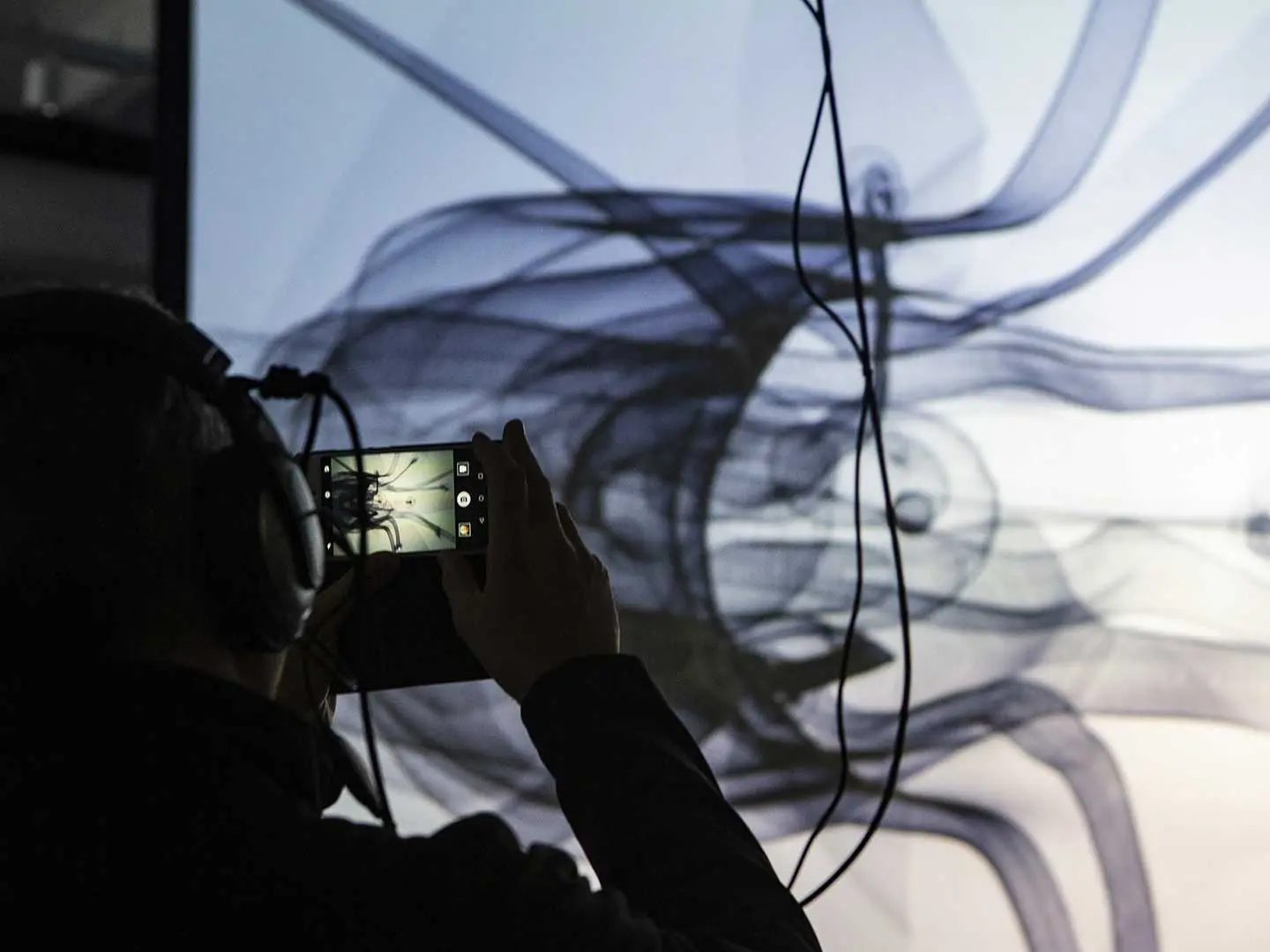
Milano Digital Week 2023 - Ph. Lorenza Daverio
I would say a good point. Meaning that companies, brands and designers, after some years after the awareness of just how radically urgent the environmental issue is, have not just included it as a priority in their long-term strategies and projects. Today they also have the technological and digital tools to make the production of design sustainable. Of course, the road is long and it involves not just materials but also processes. FederlegnoArredo realized, more than four years ago, that this theme would become crucial. It commissioned an internal survey and discovered that, in reality, the furniture and design sector was already dealing with it, if not always in organized and systematic ways. It realized that there was a need for oversight that would help channel efforts to change the production system. A working group on sustainability was set up and, in conjunction with the Symbola Foundation, a Decalogue was drafted, a set of guiding principles, which are being translated into concrete actions. Our Federation comprises businesses that extract raw materials, those that process them, those that deal with semi-finished products and those that make the finished product. We can work across the whole value chain, just as if it was a river.


 Salone Selection
Salone Selection






